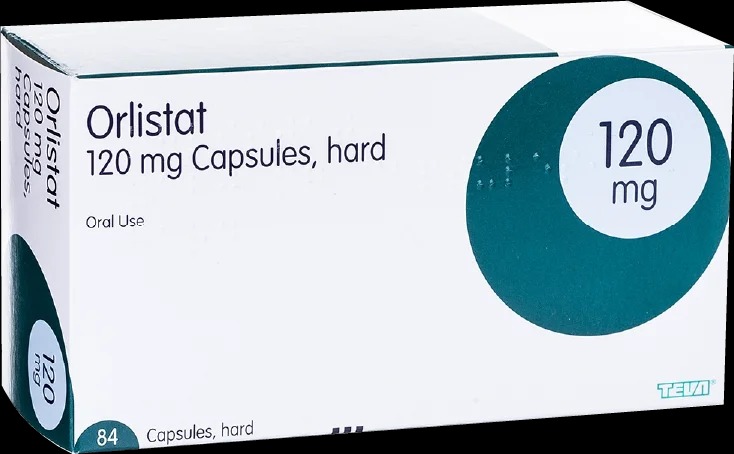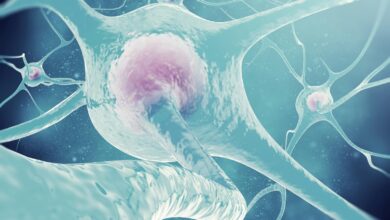How Orlistat 120mg Works: Blocking Fat Absorption to Support Your Weight Loss Journey

Introduction to Orlistat
Orlistat, marketed under various brand names including Alli and Xenical, is a well-studied medication primarily used for weight management in individuals struggling with obesity or overweight conditions. Available in a 120mg prescription strength, Orlistat functions by inhibiting the absorption of dietary fats in the gastrointestinal tract, thus facilitating weight loss. This pharmacological approach can be an effective component of a comprehensive weight management strategy when combined with lifestyle modifications.
The Mechanism of Action
Orlistat is classified as a lipase inhibitor, which means it specifically targets pancreatic lipase—an enzyme critical for fat digestion. When you consume food, lipase breaks down dietary fats into smaller molecules, allowing them to be absorbed through the intestinal walls into the bloodstream. Orlistat interferes with this process by binding to lipase and preventing it from functioning properly.
– Fat Breakdown Inhibition: By blocking the action of lipase, Orlistat reduces the breakdown of triglycerides into free fatty acids and monoglycerides.
– Unabsorbed Fat: The undigested fats are then excreted from the body through bowel movements instead of being absorbed.
– Caloric Deficit: This mechanism results in a caloric deficit that contributes to weight loss.
Understanding this mechanism highlights why adherence to dietary recommendations is essential for maximizing Orlistat’s effectiveness.
Understanding Fat Absorption
The human body absorbs nutrients through the small intestine, where various enzymes facilitate digestion. Fats, being calorie-dense macronutrients, provide significant energy but can contribute to excess weight if consumed in large quantities without appropriate caloric expenditure.
– Types of Fats:
– Saturated Fats: Typically solid at room temperature; found in animal products and some plant oils.
– Unsaturated Fats: Liquid at room temperature; found in nuts, seeds, and fish.
– Role in Diet: While fats are necessary for hormone production, nutrient absorption, and cell function, moderation is crucial.
Orlistat focuses on reducing fat absorption while allowing other nutrients—such as carbohydrates and proteins—to be absorbed effectively, ensuring that users still receive essential dietary components.
Efficacy of Orlistat 120mg in Weight Loss
Clinical studies indicate that Orlistat can lead to significant weight loss when combined with a reduced-calorie diet.
– Weight Loss Statistics:
– In trials, individuals using Orlistat lost an average of 5-10% more weight compared to those on placebo treatments over six months.
– Long-term studies show sustained weight loss over two years, emphasizing that continued use can lead to ongoing benefits.
The efficacy of Orlistat varies based on individual factors such as adherence to prescribed dosages, dietary habits, and overall lifestyle choices.
Dosage and Administration Guidelines
Using Orlistat effectively requires understanding its proper dosage and timing:
– Recommended Dose: The standard dosage for adults is 120mg taken three times daily with meals containing fat.
– Timing: It should be taken during or up to one hour after each meal for optimal results.
– Dietary Considerations: A balanced diet containing no more than 30% of calories from fat is recommended to avoid gastrointestinal side effects.
Patients should consult healthcare providers before starting Orlistat to ensure it fits their specific health needs and conditions.
Benefits Beyond Weight Loss
While primarily used for weight loss, Orlistat has additional health benefits:
– Improved Blood Sugar Levels: Some studies suggest that weight loss achieved through Orlistat can improve insulin sensitivity and glucose metabolism.
– Lower Cholesterol Levels: Users may experience reductions in LDL cholesterol levels, which contribute to cardiovascular health.
– Enhanced Quality of Life: Achieving a healthier weight can lead to improved physical mobility and psychological well-being.
These benefits underline the multifaceted advantages of incorporating Orlistat into a weight management regimen.
Potential Side Effects and Considerations
As with any medication, it is essential to understand potential side effects associated with Orlistat:
– Gastrointestinal Issues: Common side effects include oily stools, flatulence with discharge, frequent bowel movements, and abdominal discomfort.
– Nutrient Absorption Concerns: Long-term use may hinder the absorption of fat-soluble vitamins (A, D, E, K) necessitating supplementation.
– Contraindications: Individuals with certain medical conditions—such as chronic malabsorption syndrome or cholestasis—should avoid using Orlistat.
Consulting with healthcare professionals can help mitigate risks while maximizing the therapeutic benefits of this medication.
Lifestyle Changes to Enhance Effectiveness
Combining Orlistat with strategic lifestyle changes can significantly enhance its effectiveness:
1. Balanced Diet: Focus on whole foods rich in nutrients while limiting processed foods high in fats.
2. Regular Exercise: Incorporate both aerobic exercises (walking, running) and strength training into your routine.
3. Behavioral Strategies:
– Set realistic goals for weight loss.
– Keep a food diary to track intake and identify patterns.
– Seek support from healthcare professionals or support groups.
By integrating these changes into daily life, users can achieve sustainable results alongside their medication regimen.
Real-Life Success Stories
Many individuals have successfully integrated Orlistat into their weight management journey:
– Case Study 1: Sarah lost over 30 pounds within six months by adhering closely to a low-fat diet while using Orlistat. She reported improved energy levels and self-esteem.
– Case Study 2: John combined his use of Orlistat with regular gym sessions three times a week and saw significant improvements not only in weight but also in metabolic markers like blood pressure and cholesterol levels.
These examples illustrate how determination combined with effective medications can lead to transformative health outcomes.
The journey towards effective weight management is complex but achievable through informed choices about diet, exercise, and medication like Orlistat. By focusing on blocking fat absorption efficiently while adopting healthier lifestyle practices, individuals can navigate their path toward sustainable health improvements successfully.





